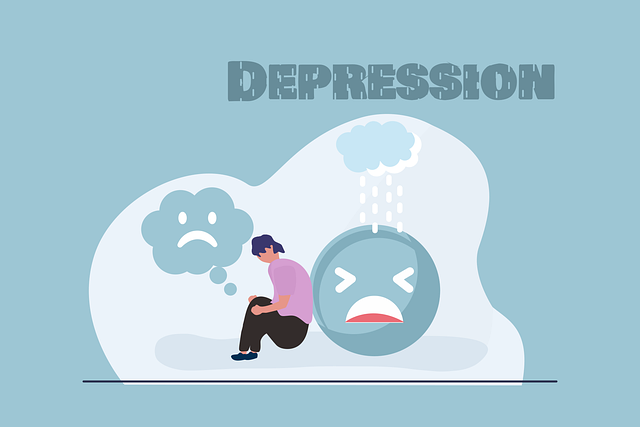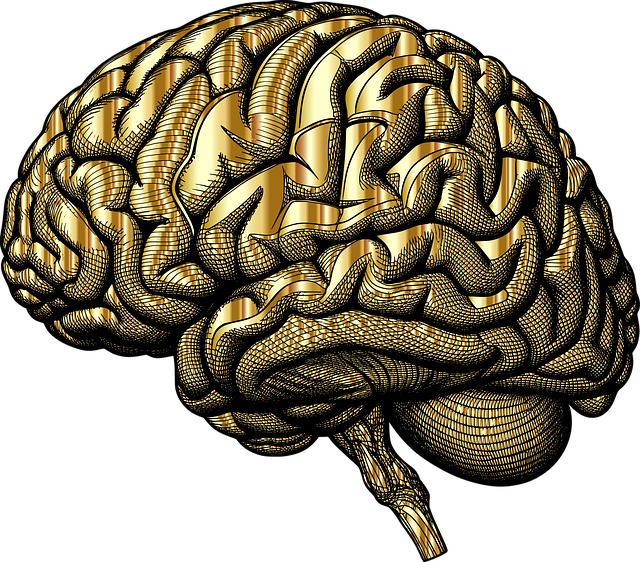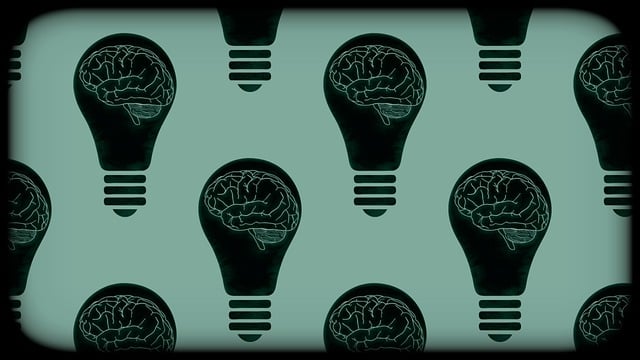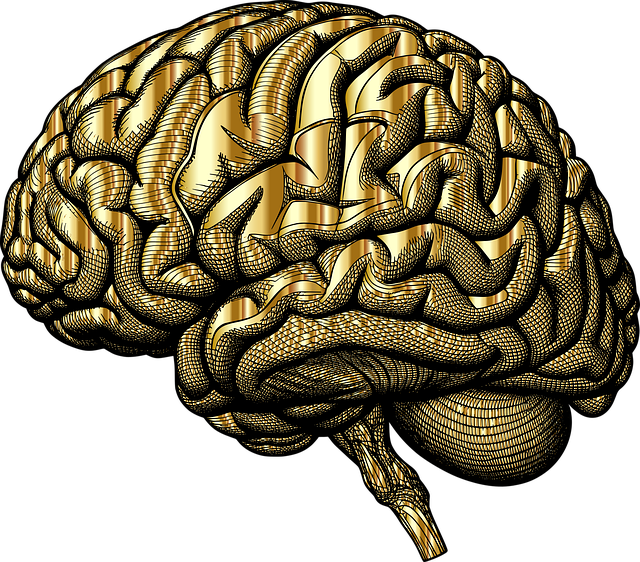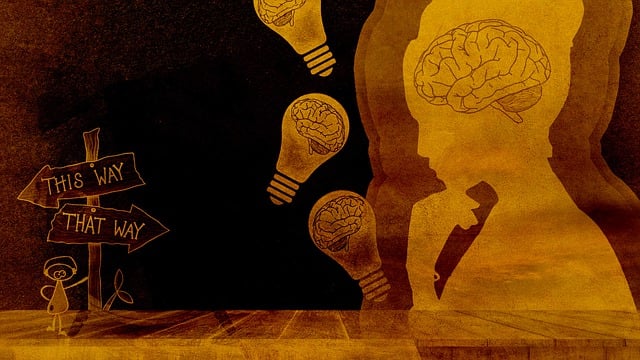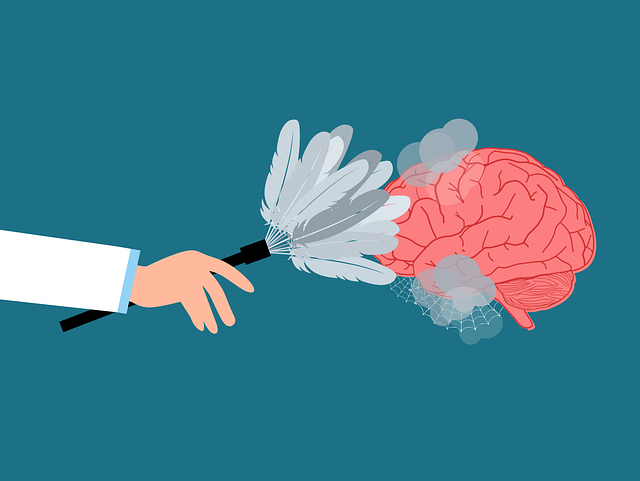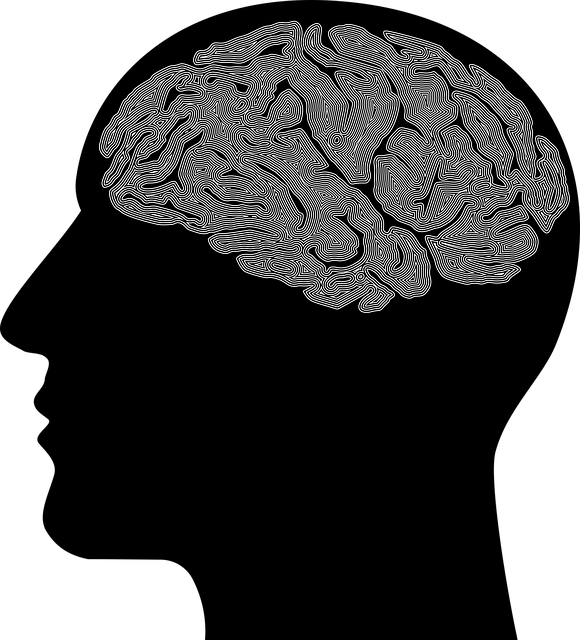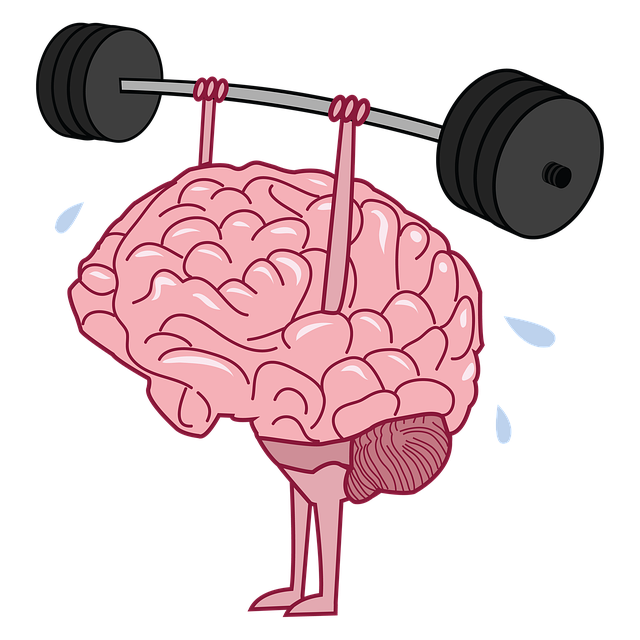Mindfulness meditation emerges as a powerful therapy for adults with developmental disabilities, enhancing well-being and resilience. By focusing on the present moment and accepting thoughts without judgment, regular sessions improve self-regulation, emotional intelligence, social skills, and communication strategies. This ancient practice promotes calmness, enabling individuals to engage in meaningful activities and contribute to their communities with increased confidence. Incorporating mindfulness into daily routines, starting small and setting consistent times, can be highly beneficial for those facing developmental challenges, revolutionizing care through structured therapy programs that align with holistic care principles.
Mindfulness meditation offers a powerful therapy for adults with developmental disabilities, providing tools for emotional regulation and improved quality of life. This practice has gained recognition in the therapeutic realm due to its ability to enhance focus, reduce stress, and foster self-awareness.
The following guide delves into the benefits, offers practical steps for implementation, and provides valuable insights on incorporating mindfulness meditation into daily routines as an effective therapy for adults with developmental disabilities.
- Understanding Mindfulness Meditation for Adults with Developmental Disabilities
- Benefits and Therapeutic Applications of Mindfulness Practice
- Practical Guidance for Incorporating Mindfulness into Daily Routines
Understanding Mindfulness Meditation for Adults with Developmental Disabilities

Mindfulness meditation offers a unique therapy for adults with developmental disabilities, fostering resilience and enhancing their overall well-being. This ancient practice encourages individuals to focus on the present moment, cultivating awareness and acceptance of thoughts, feelings, and sensations as they arise. For adults with developmental challenges, mindfulness can serve as a powerful tool to improve self-regulation and emotional intelligence.
Through regular meditation sessions, individuals can develop better social skills training and communication strategies. By observing their mental processes without judgment, they learn to navigate intense emotions and reduce impulsive behaviors, thereby improving interactions with others. Mindfulness also promotes a deeper sense of calm, enabling adults with developmental disabilities to engage in meaningful activities and contribute to their communities with enhanced confidence.
Benefits and Therapeutic Applications of Mindfulness Practice

Mindfulness meditation has gained significant recognition for its therapeutic benefits, especially in supporting individuals with developmental disabilities and those navigating trauma. Regular practice can foster profound emotional healing processes, enabling folks to develop resilience against life’s challenges. This ancient technique empowers adults with special needs by teaching them to be fully present, thereby reducing anxiety, improving focus, and enhancing overall well-being.
In the context of therapy for adults with developmental disabilities, mindfulness serves as a powerful tool. It helps individuals regulate emotions, improve social interactions, and manage stressful situations effectively. Moreover, it can contribute to better self-awareness, leading to more informed decision-making and enhanced coping mechanisms. Trauma support services often incorporate mindfulness practices to aid in processing traumatic experiences, promoting emotional healing, and building resilience among survivors.
Practical Guidance for Incorporating Mindfulness into Daily Routines

Incorporating mindfulness into daily routines can be a transformative practice, especially beneficial for individuals with developmental disabilities and those seeking therapy for adults with similar challenges. To begin, start small—just a few minutes each day dedicated to mindful breathing or scanning your body. Consistency is key; consider setting a specific time, like during breakfast or bedtime, to ensure this becomes a habit. Mindful walking is another accessible practice; take a brief walk outside, focusing on the sensations of your feet touching the ground and the environment around you. This simple act can help reduce stress and improve mental clarity throughout the day.
Mental health professionals should also consider integrating mindfulness into their risk assessment and management planning. By fostering Mental Health Awareness, practitioners can create safer, more supportive environments for their clients. Regular mindfulness practices can aid in emotional regulation, enhancing coping strategies and overall well-being, particularly when incorporated into structured therapy programs. This approach aligns with effective Risk Management Planning for Mental Health Professionals, demonstrating a commitment to holistic care.
Mindfulness meditation offers a powerful therapy for adults with developmental disabilities, providing a practical and accessible way to enhance emotional well-being. By incorporating simple yet effective mindfulness practices into daily routines, individuals can cultivate greater self-awareness, improve focus, and develop healthier coping mechanisms. This article has explored the benefits of mindfulness, offering guidance on how to integrate it into everyday life. With consistent practice, mindfulness meditation has the potential to revolutionize support for adults with developmental disabilities, fostering a sense of calm and improving overall mental health.
